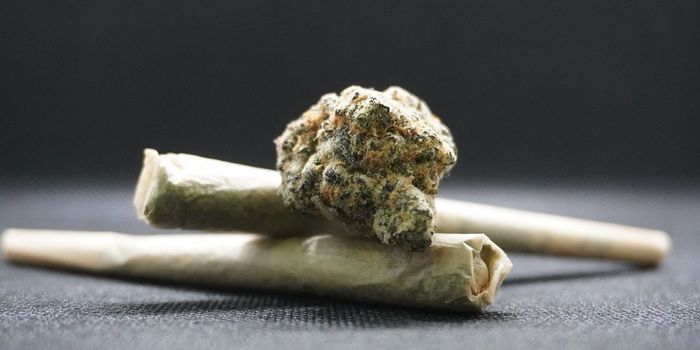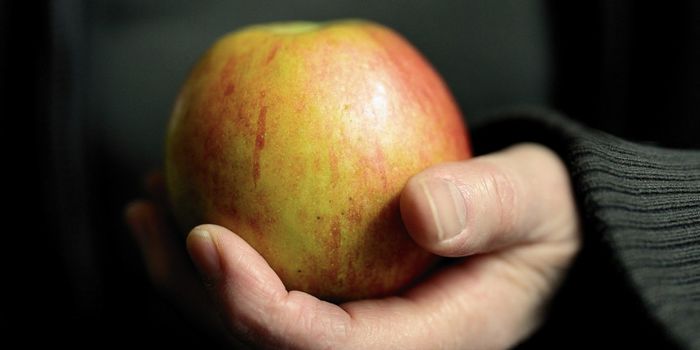Like Humans, Chimpanzees Share Food with Their Closest Peers
People often share food with their friends, not only because it’s fun, but also because we evolved from a time in which our ancestors shared food to support one another and ensure survival. Some experts believe our ancestors shared food as to say, “I scratched your back, now you scratch mine in the future.”
Given the circumstances, it’s logical to think that food-sharing behavior would be somewhat typical in the animal kingdom; but if you thought otherwise, then you’d be correct. It’s an infrequent behavior in the animal kingdom aside from humans and two of our closest ancestors: chimpanzees and bonobos.
Image Credit: Liran Samuni, Taï Chimpanzee Project
Curious researchers from the Max Planck Institute wanted to learn more about what invokes this behavior in chimpanzees, and so they embarked on an adventurous exhibition to learn more. Their research led them to Tai National Park where they discerned some particularly captivating instances of food-sharing behavior.
As it would seem from their findings, which have been published this week in the journal Proceedings of the Royal Society B, chimpanzees are very picky about who they share their food with. In almost every instance, the chimpanzees only shared food with their buddies; they were unfazed by dominant members of the troop, and they ignored beggars without hesitation.
Related: Chimpanzee mother filmed teaching offspring how to use tools
As the researchers point out, their observations support the notion that chimpanzees behave similarly to our ancestors and only share food when it could benefit them in the long run. A previous study in which researchers observed chimpanzees sharing food with fellow hunters after a hunt further affirms these claims.
"Collectively our research shows that the chimpanzees decide when to share food based on the likelihood that this favor will be returned in the future" explained Liran Samuni, the lead author of the study. "Or, in case of sharing after group hunts, sharing of meat is returning the favor for helping out."
Related: Are chimpanzees really as strong as they're made out to be?
Urine samples collected after food-sharing events showed high levels of the hormone oxytocin, which influences an emotional connection via maternal instinct. "That we found higher oxytocin levels after both hunting and sharing adds to the idea that oxytocin is a key hormone involved in cooperation," Samuni added.
While the chimpanzees at Tai National Park certainly didn’t fall for the beggars’ puppy-eyed faces, other chimpanzee subspecies are known to give in to beggar-like behavior and provide food upon request. This suggests that the behavior varies depending on the population and how they grew up in their particular ecosystem.
Related: Do chimpanzee vocalizations have anything in common with human speech?
While the study validated some ideas concerning food-sharing in primates, it also raises more questions. Additional research should shed more light on the behavior and why it’s so elusive in the animal kingdom. After all, there could be other animals out there that partake in food-sharing, and we merely don’t know it yet.









